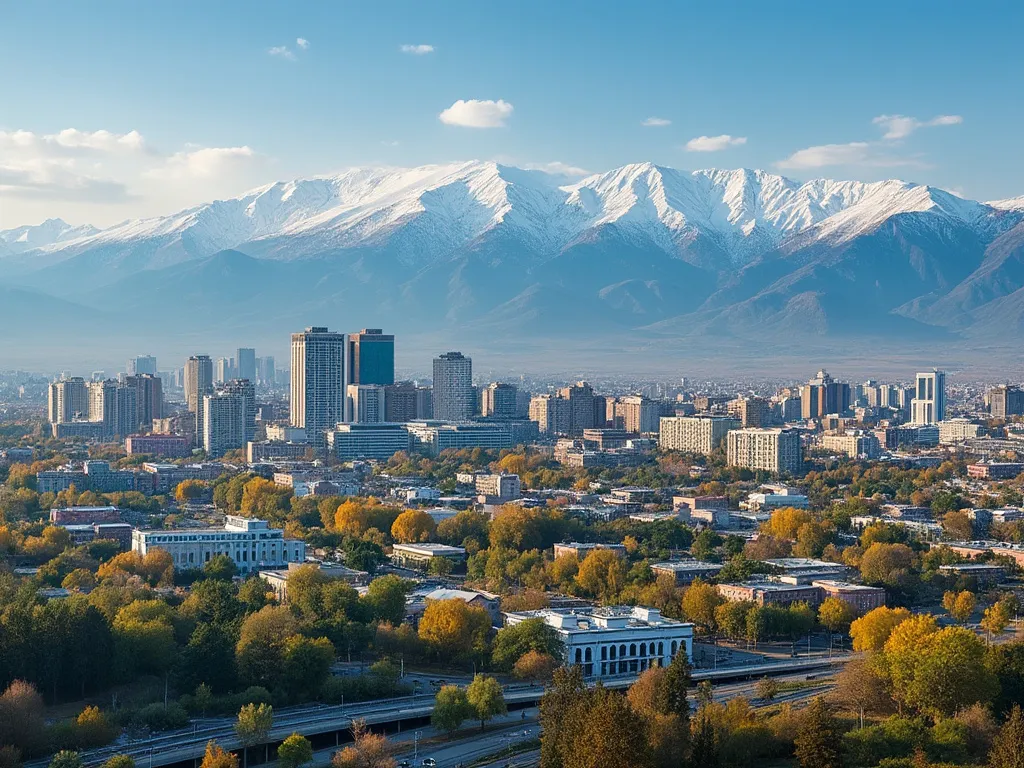
Bishkek, the capital city of Kyrgyzstan, is a vibrant and eclectic metropolis nestled in the heart of Central Asia. With a rich history dating back to the 19th century, Bishkek has evolved into a modern city, blending traditional Soviet architecture with modern amenities and attractions.
Bishkek Information
| Country | 🇰🇬 Kyrgyzstan |
| Population | 1,012,500 (2020 estimate) |
| Coordinates | 42.87° N, 74.59° E |
| Area | 169.9 km² (65.6 sq mi) |
| Climate | Humid continental climate (Köppen climate classification Dfb) |
| Language | Kyrgyz, Russian |
| Currency | Kyrgyzstani som (KGS) |
| Time zone | Kyrgyzstan Time (KGT) (UTC+6) |
| Proximity to other major cities | Almaty, Kazakhstan (200 km/124 mi), Osh, Kyrgyzstan (300 km/186 mi) |
Historical Background of Bishkek
Bishkek was founded in 1868 as a Russian fortress, known as Pishpek. The city played a significant role in the Russian Empire's expansion into Central Asia. In 1926, the city was renamed Frunze, after the Soviet military leader Mikhail Frunze. Following Kyrgyzstan's independence in 1991, the city was renamed Bishkek.
Geographical Location of Bishkek
Bishkek is situated in the Chui Valley, surrounded by the Tian Shan mountain range. The city's unique geography provides a mild climate, with warm summers and cold winters. The nearby Ala-Too Range offers ample opportunities for hiking, skiing, and other outdoor activities.
Cultural Significance of Bishkek
Bishkek is a melting pot of cultures, with a mix of traditional Kyrgyz, Russian, and Soviet influences. The city is home to numerous museums, theaters, and cultural institutions, showcasing the country's rich history and heritage. The city's bazaar, Osh Bazaar, is a must-visit destination for experiencing the sights, sounds, and flavors of Kyrgyzstan.
Economic Importance of Bishkek
Bishkek is the economic hub of Kyrgyzstan, with a growing economy driven by industries such as textiles, food processing, and construction. The city is also a major transportation hub, with Bishkek Manas International Airport serving as a key gateway to Central Asia.
Interesting Facts About Bishkek
- Bishkek is home to the world's largest natural walnut forest.
- The city has a unique Soviet-era architecture, with many buildings designed by Russian architects.
- Bishkek is home to the Kyrgyz State Philharmonic, one of the oldest and most respected musical institutions in Central Asia.
Tourist Attractions in Bishkek
- State Historical Museum of Kyrgyzstan
- Bishkek City Museum
- Osh Bazaar
- Ala-Too Square
- Kyrgyz State Philharmonic
Conclusion on Bishkek
Bishkek, the capital city of Kyrgyzstan, is a fascinating and vibrant destination that offers a unique blend of history, culture, and natural beauty. From its Soviet-era architecture to its modern amenities and attractions, Bishkek is a city that has something for everyone. Whether you're interested in history, culture, or outdoor activities, Bishkek is a must-visit destination in Central Asia.
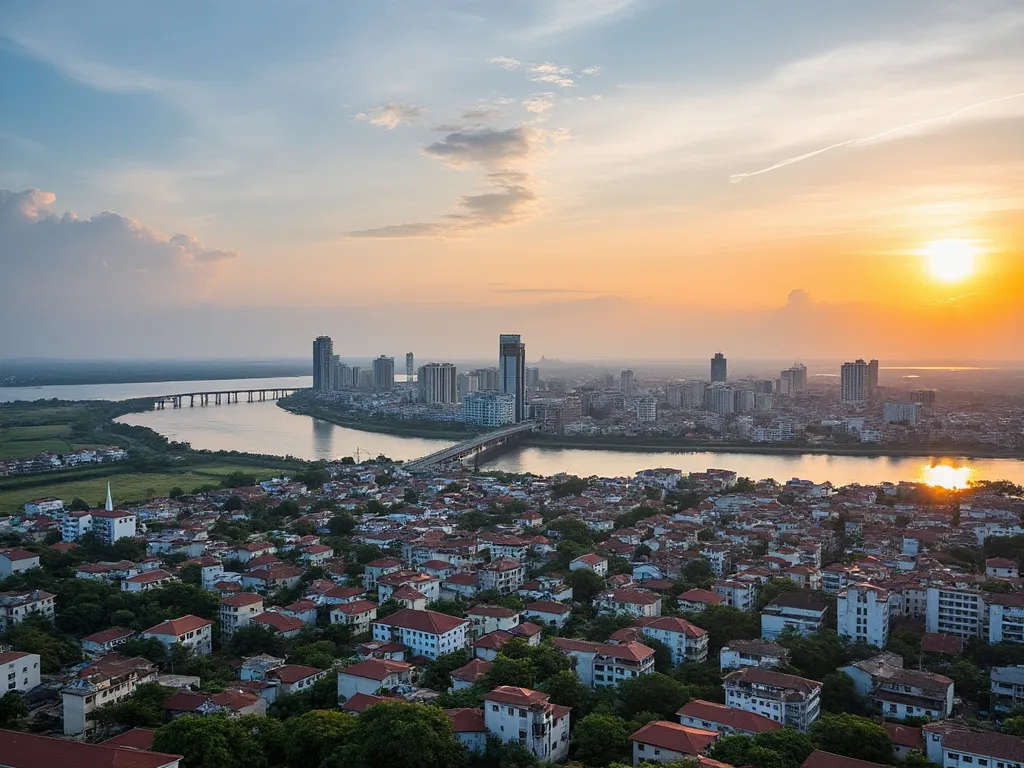 Bissau
Bissau
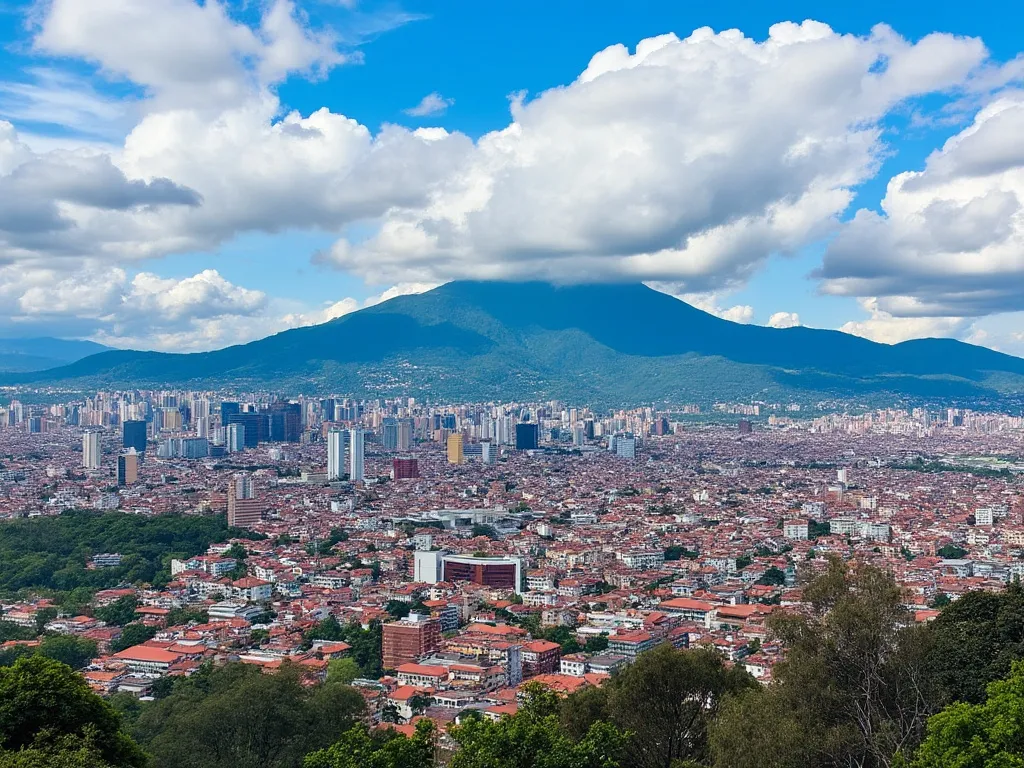 Bogotá
Bogotá
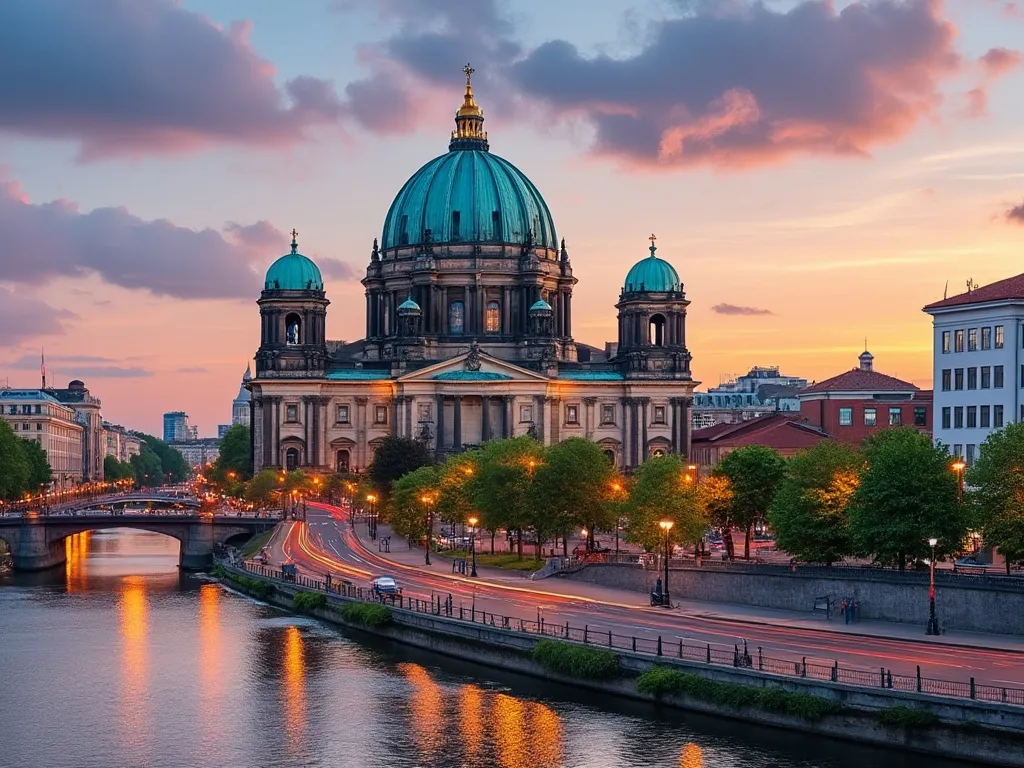 Berlin
Berlin
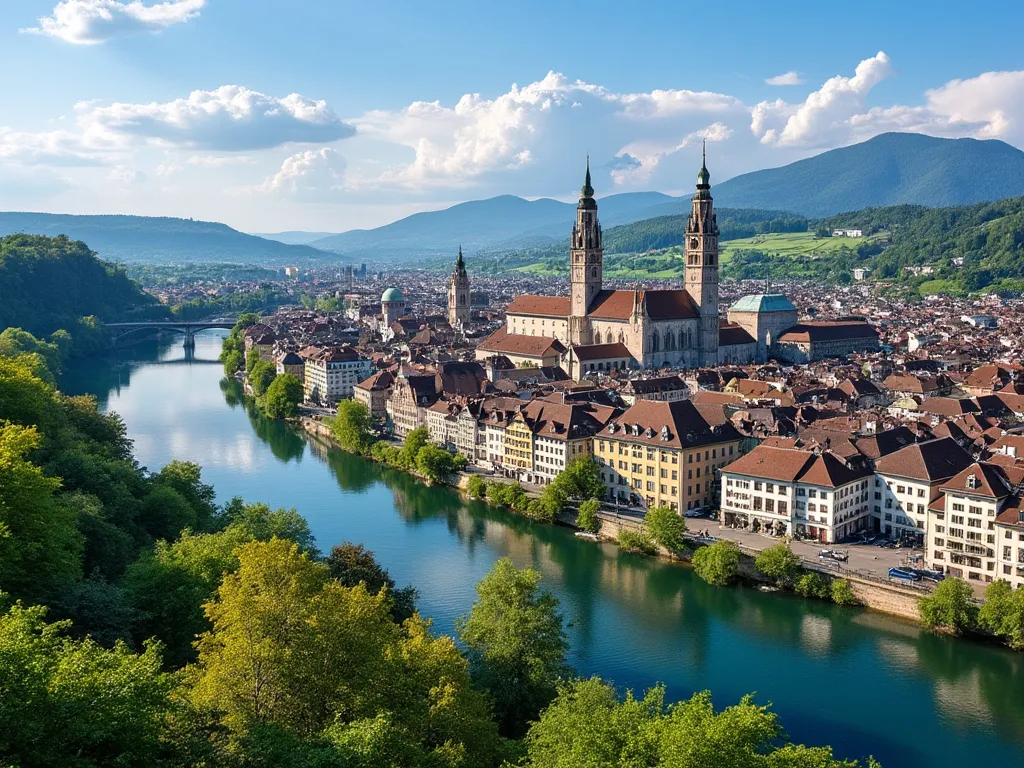 Bern
Bern